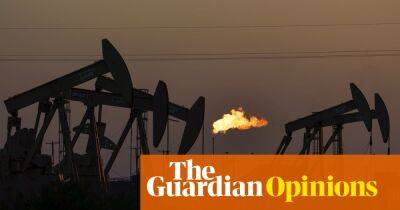How the plastic industry turned the pandemic to its advantage
There are only two reasons that the plastics industry will change, a polymer scientist once told me: war or legislation. Corporations along the plastics value chain have faced a number of environmental and health crises, from toxic scandals to marine plastic waste and the climate emergency. Each of these crises has led to new laws and regulations, despite corporate efforts to undermine them.
In the two years leading up to the pandemic, the public backlash against plastic was a major concern for industry leaders. As a corporate executive remarked during an industry event early in 2019: “We need to get the image of plastic in oceans out of the public’s mind. Otherwise, we could lose our social licence to operate.” Of course, the pandemic did not take the image of plastic in oceans out of the public’s mind. However, it did highlight in a very real and urgent way the importance of many plastic products for healthcare and hygiene. At the virtual World Petrochemical Conference in April 2020, an industry analyst commented on this unexpected shift: “Ironically, sustainability, the issue that was dominating the conversation until just a few weeks ago, seems to be fading into the background, at least for the moment. And polyethylene may even be gaining some public favour as it plays a high-profile role in combating the greatest health risk to our planet in modern history.”
This temporary respite from public anti-plastic sentiment opened the door for industry to push back against single-use plastics bans. In July last year, the European Commission rejected the industry’s request to delay the EU Directive on Single-Use Plastics. However, multiple single-use plastics bans and deposit return schemes were reversed or delayed in countries
Read more on theguardian.com



















